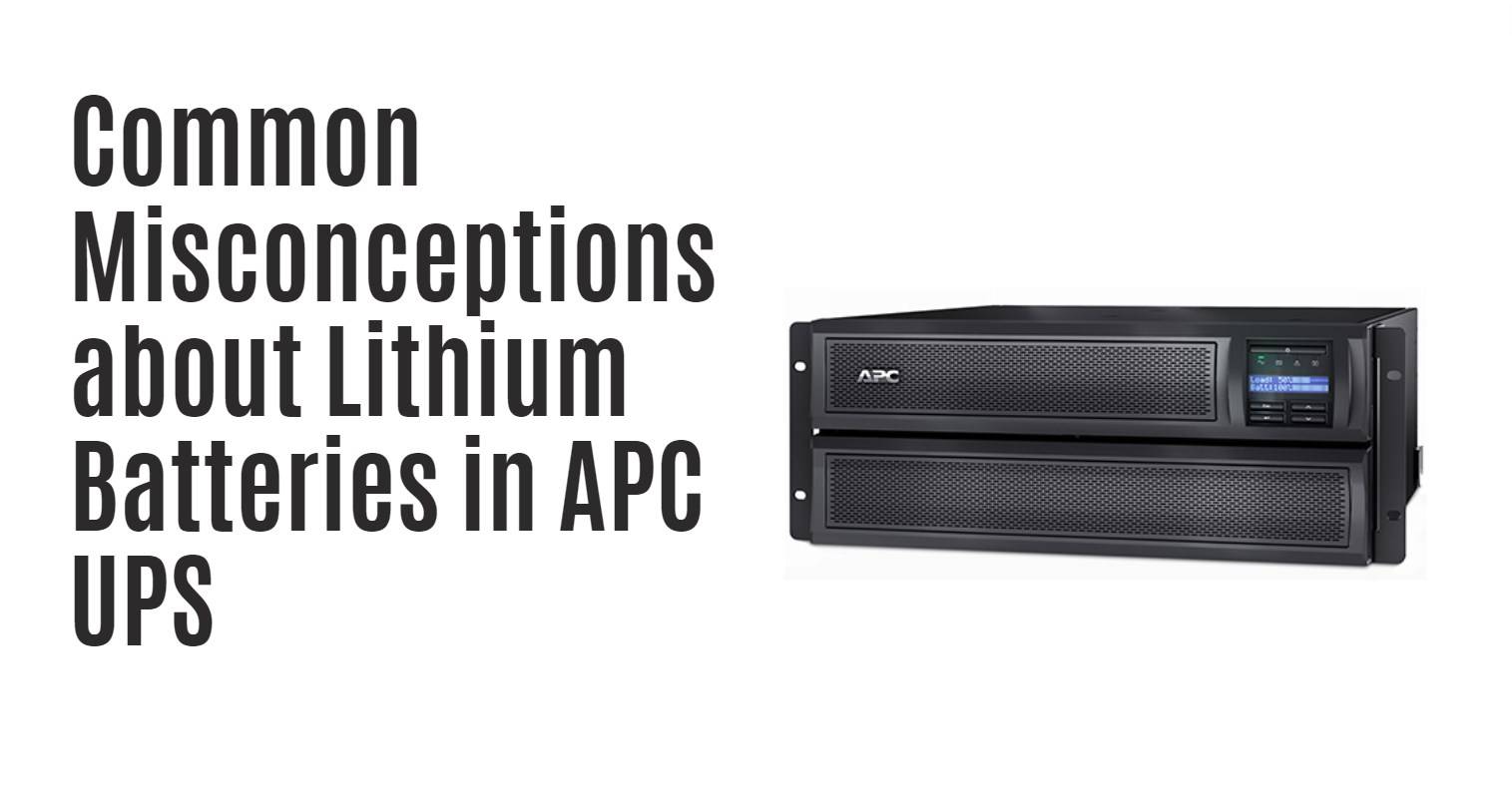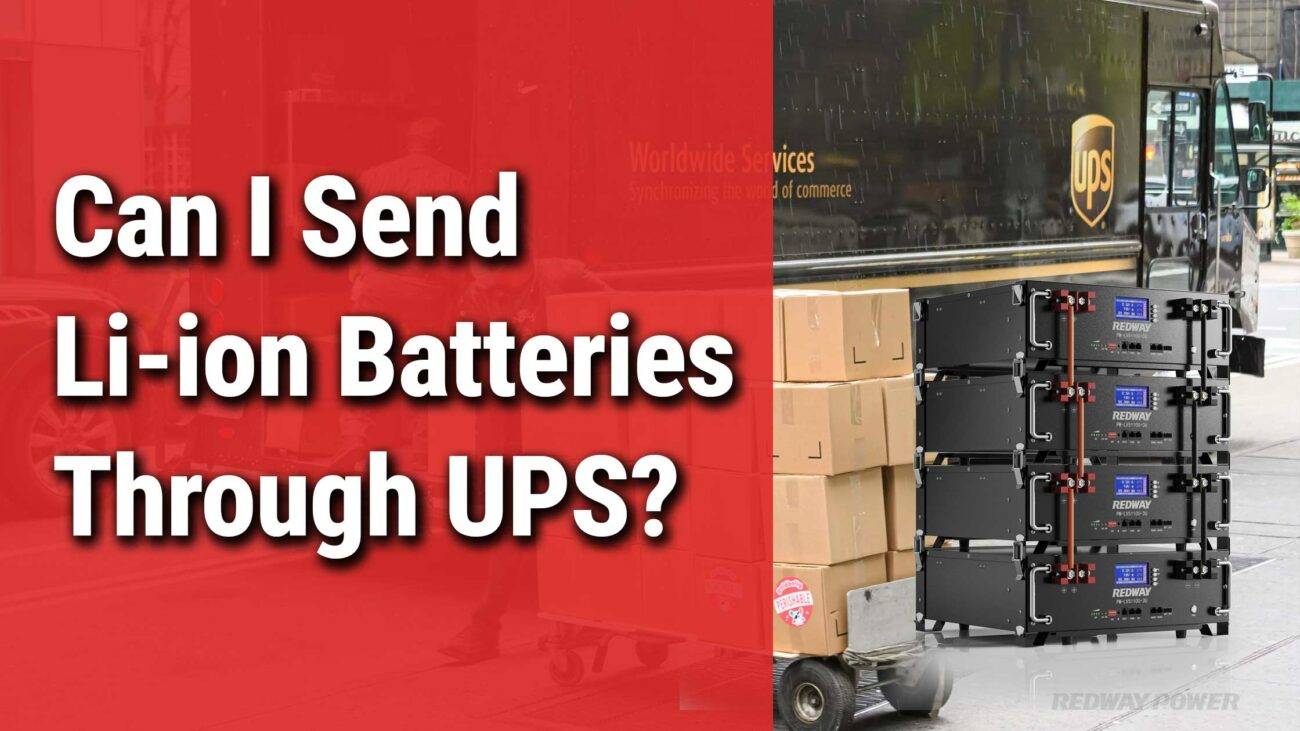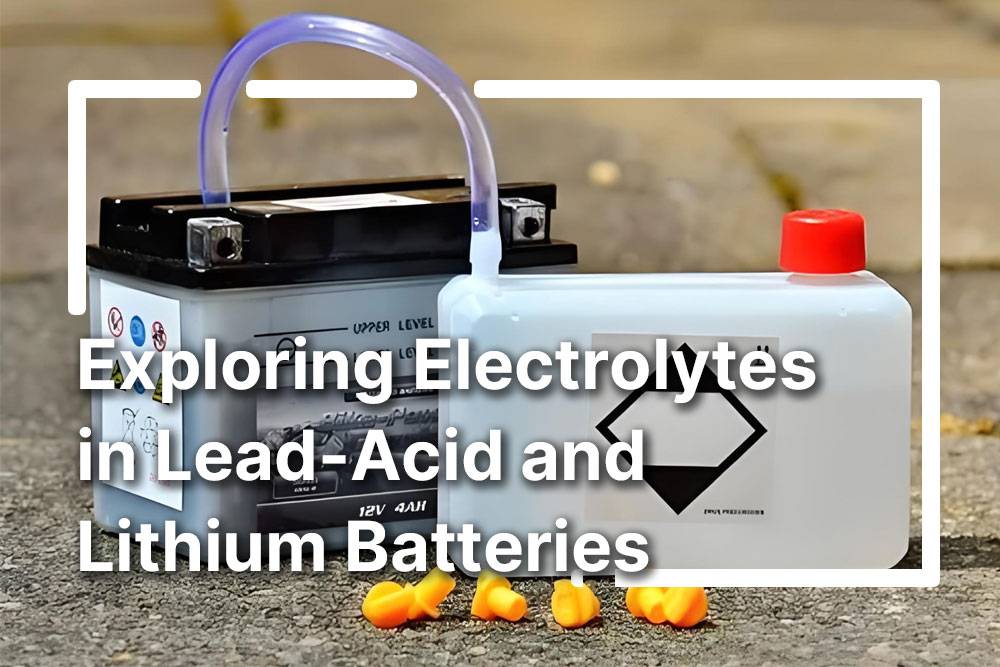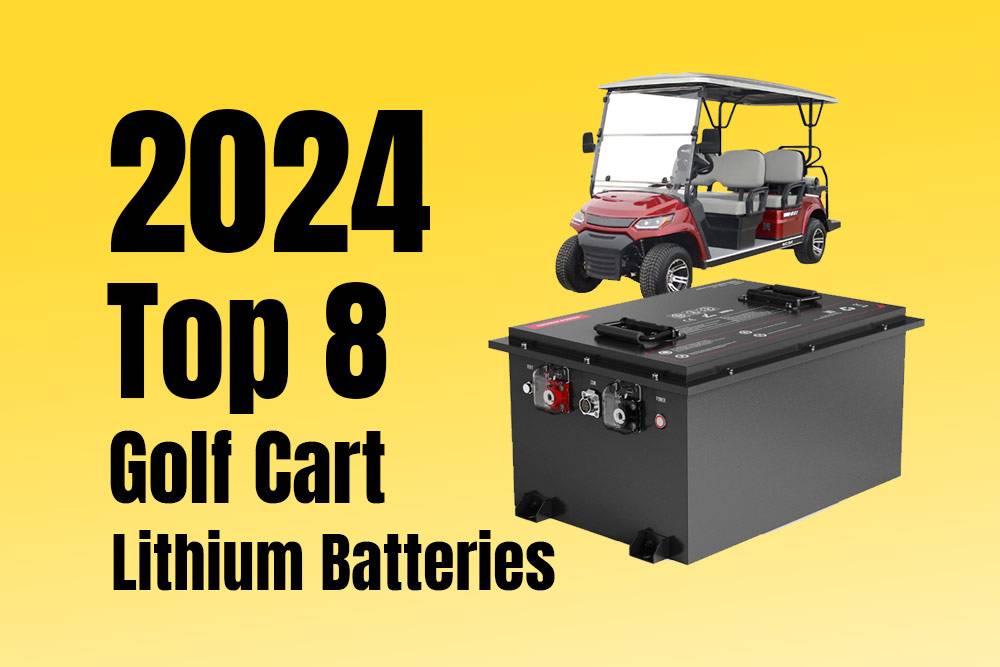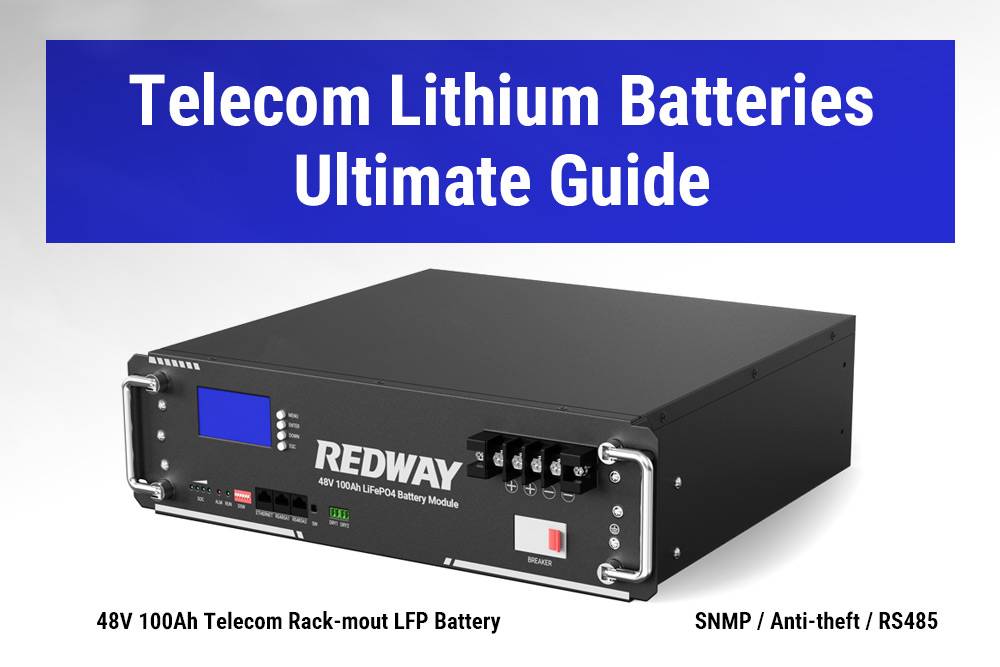- Forklift Lithium Battery
-
48V
- 48V 210Ah
- 48V 300Ah
- 48V 420Ah (949 x 349 x 569 mm)
- 48V 420Ah (950 x 421 x 450 mm)
- 48V 456Ah
- 48V 460Ah (830 x 630 x 590 mm)
- 48V 460Ah (950 x 421 x 450 mm)
- 48V 460Ah (800 x 630 x 600 mm)
- 48V 460Ah (820 x 660 x 470 mm)
- 48V 500Ah
- 48V 560Ah (810 x 630 x 600 mm)
- 48V 560Ah (950 x 592 x 450 mm)
- 48V 600Ah
- 48V 630Ah
-
48V
- Lithium Golf Cart Battery
- 12V Lithium Battery
12V 150Ah Lithium RV Battery
Bluetooth App | BCI Group 31
LiFePO4 Lithium
Discharge Temperature -20°C ~ 65°C
Fast Charger 14.6V 50A
Solar MPPT Charging - 24V Lithium Battery
- 36V Lithium Battery
- 48V Lithium Battery
-
48V LiFePO4 Battery
- 48V 50Ah
- 48V 50Ah (for Golf Carts)
- 48V 60Ah (8D)
- 48V 100Ah (8D)
- 48V 100Ah
- 48V 100Ah (Discharge 100A for Golf Carts)
- 48V 100Ah (Discharge 150A for Golf Carts)
- 48V 100Ah (Discharge 200A for Golf Carts)
- 48V 150Ah (for Golf Carts)
- 48V 160Ah (Discharge 100A for Golf Carts)
- 48V 160Ah (Discharge 160A for Golf Carts)
-
48V LiFePO4 Battery
- 60V Lithium Battery
-
60V LiFePO4 Battery
- 60V 20Ah
- 60V 30Ah
- 60V 50Ah
- 60V 50Ah (Small Size / Side Terminal)
- 60V 100Ah (for Electric Motocycle, Electric Scooter, LSV, AGV)
- 60V 100Ah (for Forklift, AGV, Electric Scooter, Sweeper)
- 60V 150Ah (E-Motocycle / E-Scooter / E-Tricycle / Tour LSV)
- 60V 200Ah (for Forklift, AGV, Electric Scooter, Sweeper)
-
60V LiFePO4 Battery
- 72V~96V Lithium Battery
- Rack-mounted Lithium Battery
- E-Bike Battery
- All-in-One Home-ESS
- Wall-mount Battery ESS
-
Home-ESS Lithium Battery PowerWall
- 24V 100Ah 2.4kWh PW24100-S PowerWall
- 48V 50Ah 2.4kWh PW4850-S PowerWall
- 48V 50Ah 2.56kWh PW5150-S PowerWall
- 48V 100Ah 5.12kWh PW51100-F PowerWall (IP65)
- 48V 100Ah 5.12kWh PW51100-S PowerWall
- 48V 100Ah 5.12kWh PW51100-H PowerWall
- 48V 200Ah 10kWh PW51200-H PowerWall
- 48V 300Ah 15kWh PW51300-H PowerWall
PowerWall 51.2V 100Ah LiFePO4 Lithium Battery
Highly popular in Asia and Eastern Europe.
CE Certification | Home-ESS -
Home-ESS Lithium Battery PowerWall
- Portable Power Stations
Can I Use Lithium Batteries in APC UPS Systems?
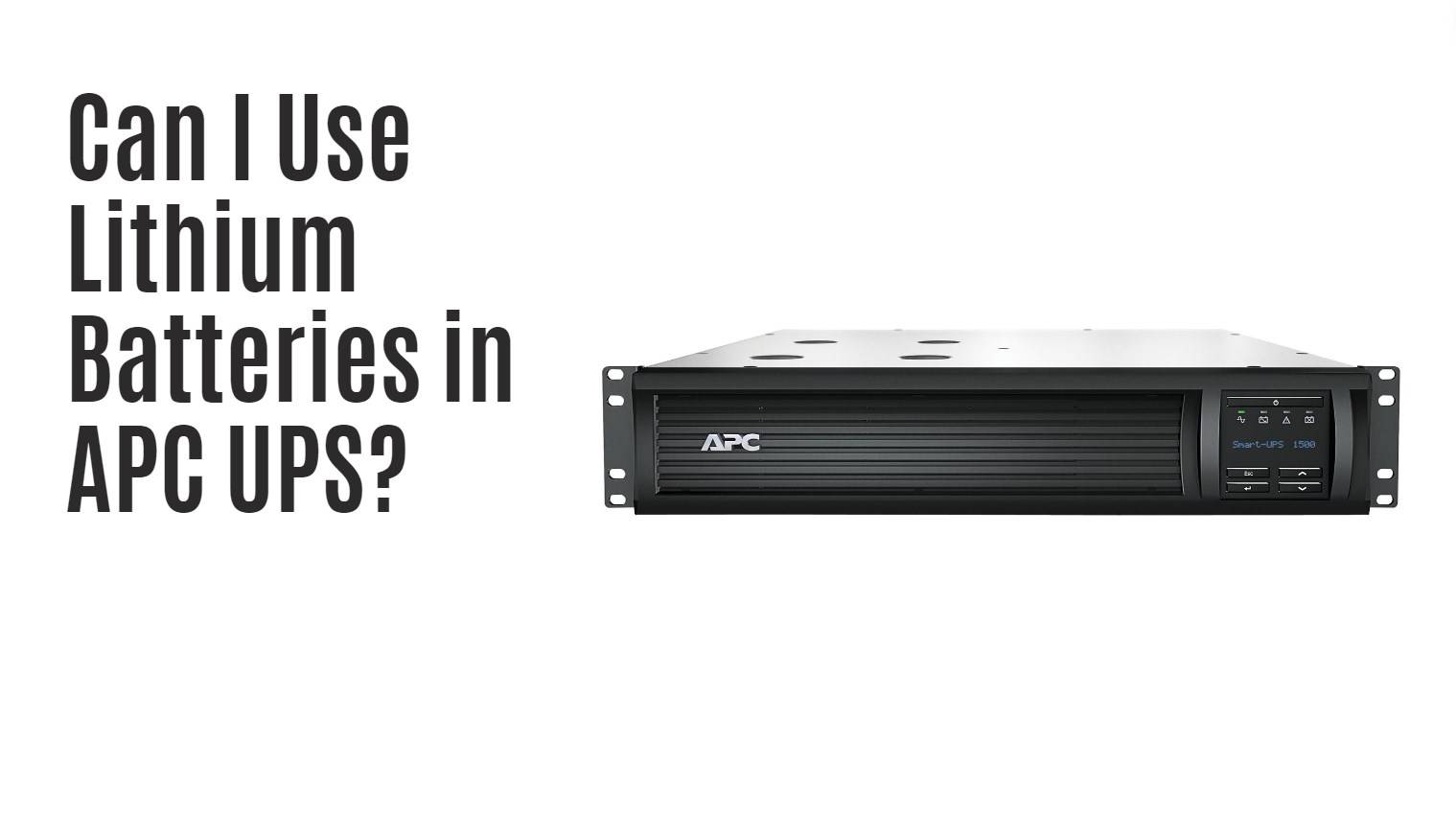
Lithium batteries can be used in many APC Uninterruptible Power Supply (UPS) systems, provided they meet specific compatibility requirements. These advanced battery technologies offer several advantages over traditional lead-acid batteries, including longer lifespan, faster charging times, and reduced weight. Understanding these benefits can help users make informed decisions about their power backup solutions.
What types of batteries are compatible with APC UPS?
APC UPS systems typically support two main types of batteries:
- Lead-Acid Batteries: The traditional choice for most UPS systems, known for reliability and cost-effectiveness.
- Lithium-Ion Batteries: Increasingly being adopted due to their superior performance characteristics.
| Battery Type | Compatibility |
|---|---|
| Lead-Acid | Widely used; compatible with most older models |
| Lithium-Ion | Compatible with newer models designed for Li-ion |
How do lithium batteries compare to lead-acid batteries in UPS systems?
Lithium batteries offer several advantages over lead-acid counterparts:
- Longer Lifespan: Lithium-ion batteries can last up to 10 years or more, compared to 3-5 years for lead-acid.
- Faster Charging: They can be charged much quicker, reducing downtime during power outages.
- Higher Energy Density: Lithium-ion technology allows for more energy storage in a smaller footprint.
| Comparison Factor | Lead-Acid | Lithium-Ion |
|---|---|---|
| Lifespan | 3-5 years | 10+ years |
| Charging Time | 8-12 hours | 1-3 hours |
| Energy Density | Lower | Higher |
What are the benefits of using lithium batteries in APC UPS?
The benefits of using lithium batteries in APC UPS systems include:
- Weight Reduction: Lithium-ion batteries are significantly lighter than lead-acid options, making installation easier.
- Space Efficiency: Their compact design allows for more flexible placement within existing setups.
- Improved Performance: They maintain consistent voltage output even as they discharge, ensuring reliable power delivery.
What makes lithium-ion batteries suitable for UPS applications?
Lithium-ion batteries are particularly suitable for UPS applications due to their:
- High Cycle Life: They can handle numerous charge-discharge cycles without significant degradation.
- Temperature Tolerance: They perform well across a wide range of temperatures, which is crucial for varying environmental conditions.
- Low Self-Discharge Rate: This feature allows them to retain charge longer when not in use.
How does the installation of lithium batteries affect UPS performance?
Installing lithium batteries can enhance overall UPS performance by:
- Reducing Downtime: Faster charging times mean less waiting during power interruptions.
- Increasing Reliability: Their ability to maintain voltage under load ensures that critical devices remain powered during outages.
- Extending Runtime: Higher energy density allows for longer operational periods before needing a recharge.
What are the safety considerations when using lithium batteries in UPS?
While lithium-ion batteries offer many advantages, safety considerations include:
- Thermal Management: Proper cooling is essential to prevent overheating and potential thermal runaway.
- Battery Management Systems (BMS): Ensure that BMS is integrated to monitor voltage, current, and temperature effectively.
- Proper Installation: Follow manufacturer guidelines to avoid risks associated with incorrect installation.
How do lifecycle costs compare between lithium and lead-acid batteries?
When evaluating lifecycle costs:
- Initial Cost: Lithium-ion systems typically have a higher upfront cost compared to lead-acid systems.
- Total Cost of Ownership (TCO): Over time, lower maintenance and replacement costs often make lithium-ion more economical despite higher initial expenses.
| Cost Factor | Lead-Acid | Lithium-Ion |
|---|---|---|
| Initial Cost | Lower | Higher |
| Maintenance Costs | Higher over time | Lower due to longevity |
| Replacement Frequency | More frequent | Less frequent |
Tips for Battery Wholesale Buyers
When sourcing or considering OEM orders for battery technologies related to APC UPS systems, keep these points in mind:
- Quality Assurance: Ensure suppliers provide high-quality products that meet industry standards.
- Compatibility: Verify that the chosen battery types are compatible with various models of APC UPS systems.
- Manufacturer Reliability: Choose reputable manufacturers like Redway Power, known for their quality lithium-ion solutions.
To place OEM orders with a reliable manufacturer like Redway Power, follow these steps:
- Research potential suppliers based on product quality and reviews.
- Contact them directly to discuss your specific needs.
- Confirm customization options to ensure compatibility with your applications.
Redway Power Expert Views
“Utilizing lithium technology in uninterruptible power supply systems like those from APC offers significant advantages in efficiency and reliability. At Redway Power, we are committed to providing innovative battery solutions that support modern energy needs.”
FAQ Section
- Can I use lithium batteries in my APC UPS?
Yes, many modern APC UPS models are designed to be compatible with lithium-ion batteries as long as they meet specific requirements. - What are the advantages of switching from lead-acid to lithium?
Lithium offers a longer lifespan, faster charging times, reduced weight, and higher energy density compared to lead-acid options. - What safety precautions should I take when using lithium-ion batteries?
Ensure proper thermal management, use an integrated battery management system (BMS), and follow installation guidelines provided by manufacturers.
